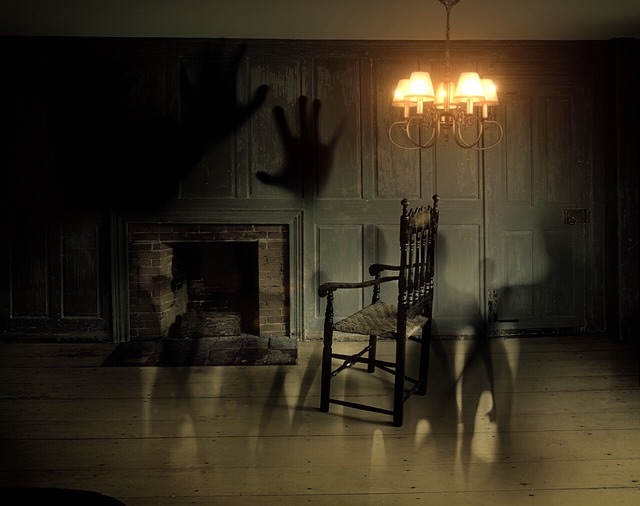Do Bigfoot creatures exist? I don't know, but it strikes me as quite unlikely. It would be cool if they did, but that isn't an adequate basis for believing that they do. And yet, it would not occur to me to claim that I know they don't exist. How could I know that? I could devote my entire life to searching for them and never find one. Even that wouldn't mean that they couldn't exist somewhere. And while I can't be sure that they don't exist, I do view this as the most likely scenario. If I had to place a bet, I'd bet against them being real.
Where does this leave me? It leaves me living my life as if Bigfoot creatures probably don't exist. I do not spend my time and resources searching for them. This does not detract from my enjoyment of a good hike in the woods. And when I'm out there, it doesn't make me oblivious to my surroundings. If I hear a strange noise coming from a different direction than where I'm heading, I may still turn my head. But when I do, I'm not expecting to see a Bigfoot.



















